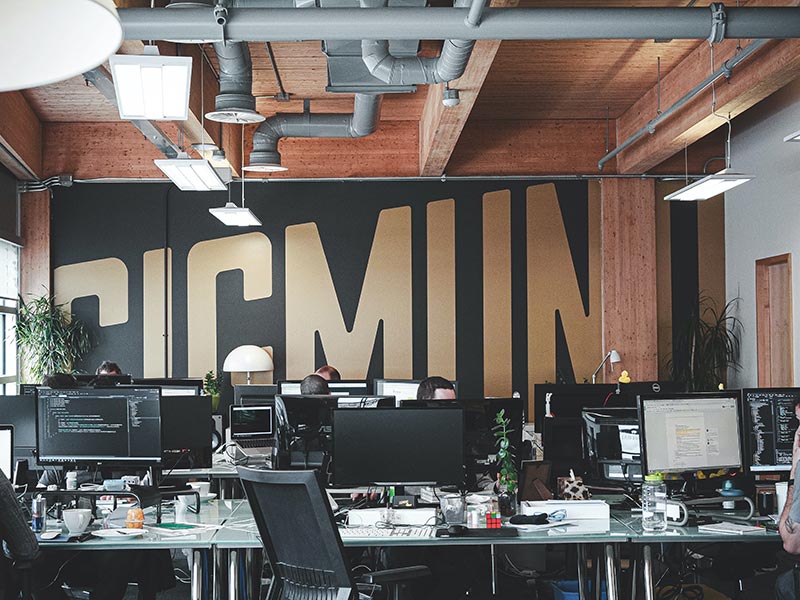Let’s be honest SEO (search engine optimization) can feel like alphabet soup when you're just starting out. But whether you’re running a blog, building a brand, or freelancing in digital marketing, these 15 terms are your starting toolkit. And no, you don’t need to be a tech wizard to get them. Let’s break it down …
Let’s be honest SEO (search engine optimization) can feel like alphabet soup when you’re just starting out. But whether you’re running a blog, building a brand, or freelancing in digital marketing, these 15 terms are your starting toolkit. And no, you don’t need to be a tech wizard to get them.
Let’s break it down in plain words.
- Keywords: These are the actual words or phrases people type into Google. If you’re selling handmade candles, “scented soy candles” might be a good keyword.
- SERP (Search Engine Results Page): After typing something into Google, the page you see? That’s the SERP.
- Organic Traffic: These are people who found your site naturally—no ads involved. Just good content and smart SEO.
- Backlinks: Think of these as digital votes. When another website links to yours, it tells search engines, “Hey, this site is trustworthy!”
- Meta Description: That little blurb under your link in Google search? That’s your meta description. It helps people decide whether to click.
- Alt Text: This is the text that describes images. It’s important for accessibility and also helps search engines “see” your images.
- Title Tag: The name of your page that appears in search results and browser tabs. It should be clear and catchy.
- Anchor Text: It is a clickable text in a hyperlink. “Learn more” is common, but using descriptive text like “learn more about our pricing” is better for SEO.
- Bounce Rate: When someone visits your site and leaves without doing anything, it’s a bounce. When the content is poor or the page is not fully developed then there is a chance of high bounce rate. A high bounce rate can signal poor engagement.
- Crawling: It’s how Google bots “read” your site. They scan it to see what’s there and how to rank it.
- Indexing: Once Google reads your site, it decides whether to save (index) the info for future searches.
- Ranking: Where your site shows up on the search results. Page 1? Awesome. Page 10? Not so much.
- On-Page SEO: Stuff you do on your site to improve rankings—like optimizing content, code, images, etc.
- Off-Page SEO: The activities you do outside your site to improve SEO, mainly building quality backlinks.
- Schema Markup: This is a bit technical, but in short it is a special code that helps search engines show rich results like FAQs or ratings.
Tags:SEO






